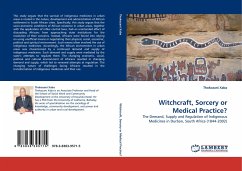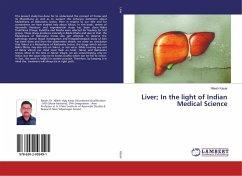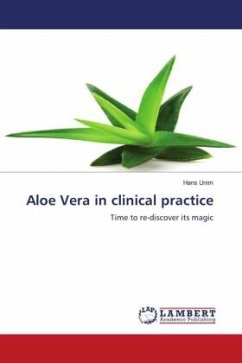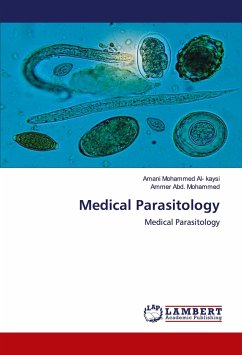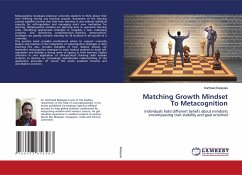This study argues that the survival of indigenous medicines in urban areas is rooted in the nature, development and administration of African settlement in South African cities. Specifically, this study argues that the socio-economic conditions of African existence in urban areas, together with the application of influx control laws, had an unintended effect of dissuading Africans from approaching state institutions for the resolution of their concerns. Instead, Africans were forced into relying on using unofficial means in negotiating their physical, social, economic, political and spiritual environment. Such means often involved the use of indigenous medicines. Accordingly, the African environment in urban areas was characterised by a continued demand and supply of indigenous medicines. Such demand and supply were mediated by the state's attempts to regulate them. The changing economic, social, political and cultural environment of Africans resulted in changing demand and supply, which led to renewed attempts at regulation. The changing nature of challenges facing Africans resulted in the transformation of indigenous medicines and their use.
Bitte wählen Sie Ihr Anliegen aus.
Rechnungen
Retourenschein anfordern
Bestellstatus
Storno

